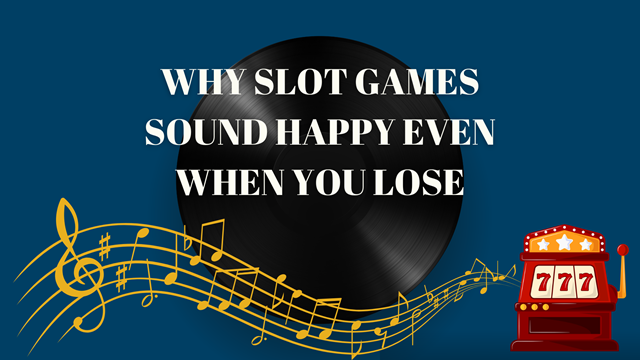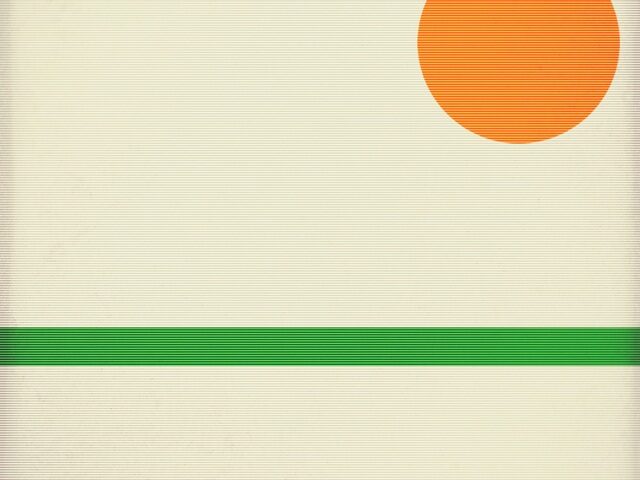
Last month, British songstress and icon of the early 2000s Kate Nash released a new single. That will be news to most people; it’s only received forty thousand views so far on YouTube. Even fewer people will be aware that Nash released a new album a couple of months ago, too. By contrast, her most famous single ‘Foundations,’ released in 2007, has over seventeen million YouTube views and people still regularly write about how iconic the song is.
While part of that is good news – an artist never wants to be forgotten, after all – it must be hugely frustrating for Kate Nash herself, who is still actively releasing and recording music at the same time as appearing in a popular Netflix TV series, and yet doesn’t have a record label. At 31, she’s far too young to be considered musically washed up, and yet she’s treated like she is.
It’s not too long ago that Nash had to call Buzzfeed out on Twitter for publishing an article that implied she ‘no longer exists’, pointing out how damaging that insinuation might be to a struggling performer with mental health issues, and also how unfair it was to people who’d been used up and spat out by the recording industry. Although she may not be called upon to headline festivals, and she’s had to take the DIY route to publishing music, Nash has been a significant factor in the popularity of the Netflix series GLOW, winning rave reviews for her acting skills. As gifted in front of the camera as she is behind a microphone, how is it that Kate Nash isn’t more widely recognized as one of the best female artists of the past decade? How has the music world seemingly slept on her?
Bad Timing?
One of the factors that may have limited her musical appeal is the timing of her first release. Kate Nash burst onto the scene as a ‘MySpace girl’ – an artist whose music had first attracted attention on the long-dead social media platform before signing a recording contract, and it happened to her at the same time it happened to the much-bigger Lily Allen.
As both performers released albums full of British indie pop with heavy London accents, there didn’t seem much to distinguish one from the other. Allen was the one who had the famous father and the more tabloid-friendly persona. She stayed in the news, and she sold more records. Nash never had another top 10 hit in her home country after ‘Foundations.’ She hasn’t released a single that’s charted anywhere in the world since 2010. It’s almost like there was only room for one working-class British girl in the music industry, and Allen took the vacancy.

Refusal To Conform?
The other factor which may absurdly have worked against Nash is her refusal to be restricted to one genre of music. Anyone who knows nothing of her work other than ‘Foundations’ would naturally assume that indie-pop is her calling card, and the extent of her musical interests. Nothing could be further from the truth. Kate has stated in several interviews that one of her major musical influences is the grunge band Hole, and Courtney Love in particular. Spend a little time listening to her less well-known releases, and it all becomes much clearer.
‘Sister, Sister’ is a case in point; a hard-rock first-person account of a breakdown in a female relationship, with plenty of heavy guitars and screaming. Contrast that with ‘Foundations.’ Then contrast that with the rap-influenced ‘Agenda,’ and the Gwen Stefani-influenced ‘Life in Pink.’ Kate Nash’s music doesn’t have a genre, it sits across several genres and won’t conveniently stay in a box, as record industry bosses would presumably like it to.
Her subject matter doesn’t conform to the usual stereotypes either. Her most recent single ‘Trash’ juxtaposes questions about environmental instability with the concept of a bad love affair, leading to fantastic lines like ‘impure toxic devotion runs through me like a river to a plastic ocean.’ You won’t get that from the latest Rihanna record. You won’t get that from many artists at all. She manages to reference the Middle East peace process at the same time as reminding you to brush your teeth in ‘Agenda.’ ‘Life In Pink’ is an upbeat pop song about crippling mental health problems. None of these are topics you’d expect a ‘pop singer’ to be tackling.
Burnt Bridges?
Kate Nash isn’t very happy about the way her original record label dropped her, and she hasn’t been afraid to talk about it. That’s understandable, she was informed of the decision to drop her by text, when she was midway through the process of preparing for her third album. She’s been extremely critical of the music industry in general since, going so far as to advise younger artists never to sign a deal, stating that she was ‘worked like a donkey’ when she was 18 and then dropped sharply when she dared to experiment with her sound.
Whether it’s any one of these reasons, or a combination of all three, the end result is that one of Britain’s most gifted, interesting and versatile performers has been overlooked and unheard for far too long. If reading this article is the first time you’ve heard her name in years, do yourself a favor and go and look her up. Find out what she’s been putting out for the past decade. It may surprise you.





